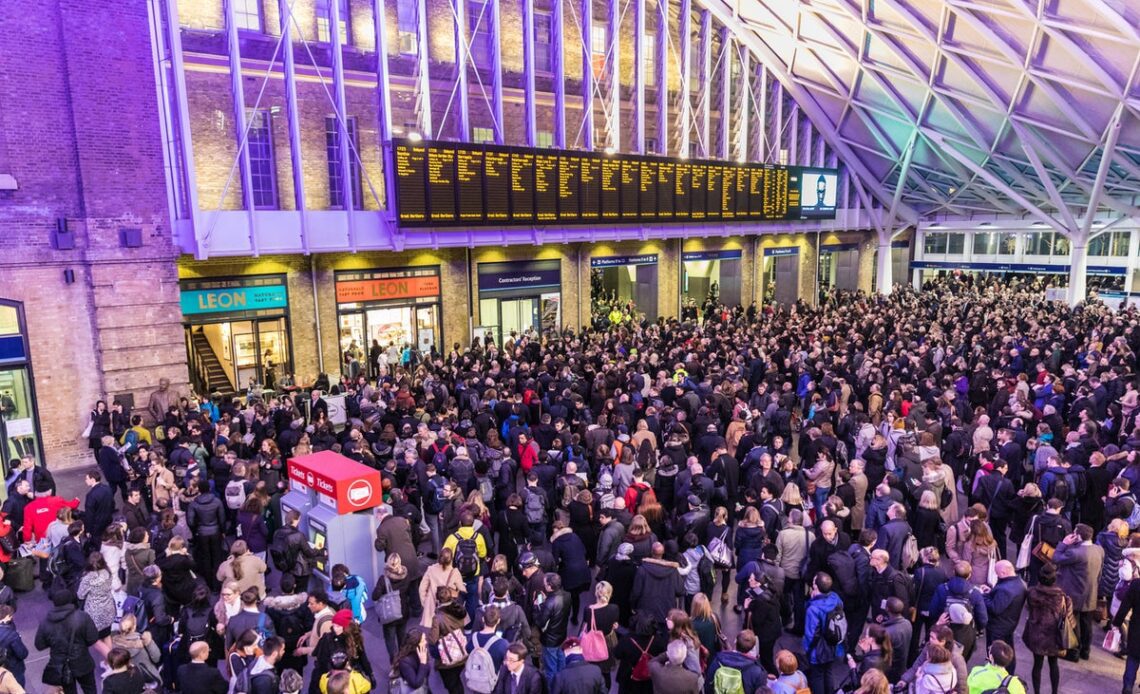Another series of train strikes are set to hit the UK between 5 and 10 November.
Four different unions, representing workers from Network Rail and 14 separate rail operators, are involved in the various walk-outs happening on 5, 7, 9 and 10 November.
The unions involved are the The National Union of Rail, Maritime and Transport Workers (RMT), the Aslef train drivers’ union, Transport Salaried Staffs’ Association (TSSA) and Unite.
It’s the latest in a wave of rail strikes voted on and called by UK transport unions, to protest against alleged low pay and unfair working conditions.
While each union has its own reasons and demands when it comes to the industrial action, three key elements are common to all the disputes:
- Pay, which the unions say should take into account the current high inflation rate;
- Jobs, and in particular the prospect of compulsory redundancies;
- Working conditions – with the unions determined to extract a premium from any productivity improvements.
The Independent’s travel correspondent, Simon Calder, says: “The rail unions demand a decent pay rise for their members that keeps pace with inflation at a time when their industry is seeing a post-Covid collapse in revenue.
“The employers – and the government, which holds the pursestrings – say pay increases are affordable only if the railway can be run more efficiently, with outdated practices that constrain efficiency removed.
“Many long-standing agreements go back to the days of British Rail or even deeper into the past, and bear little resemblance to present needs. But the unions will agree productivity gains only if they trigger wage rises on top of routine increases.”
What have the unions said?
The RMT rail union has said it “will take strike action on 5, 7 and 9 of November in a dispute over jobs, conditions and pay”.
“The dispute remains live, and the union will continue its industrial campaign until we reach a negotiated settlement on job security, pay and working conditions,” explains its most recent statement.
RMT general secretary Mick Lynch adds: “Our focus in this dispute is the rail employers who have yet to make an offer that will create the conditions for a negotiated settlement.
“I call upon the new Prime Minister Rishi Sunak to unshackle the rail industry so they can come to a settlement with RMT. We will vigorously pursue…
Click Here to Read the Full Original Article at The Independent Travel…
